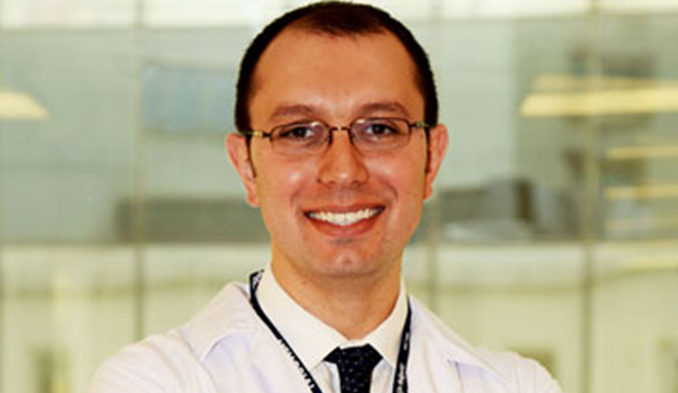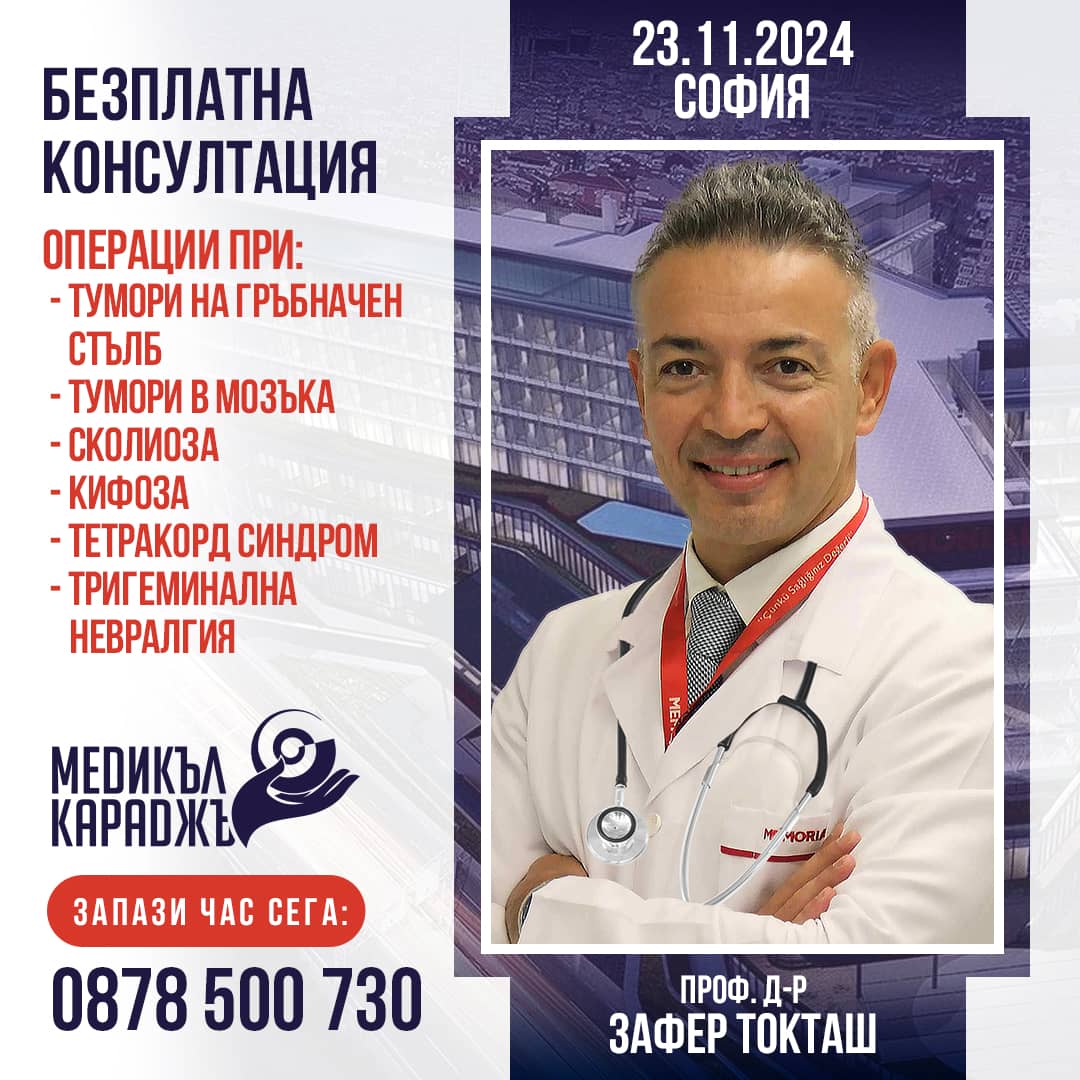Prof. Dr. Darda Bayraktar, a specialist in hematology and medical oncology with experience in some of the best hospitals in Turkey and the USA, will consult patients free of charge in Varna on May 12 and 13. Assoc. Bayraktar is coming to Bulgaria at the invitation of the Health Information Center "Medical Karaj", within the framework of their initiative to provide Bulgarian patients with access to the most advanced methods in medicine, partnering with some of the best medical institutions and specialists from around the world in each medical field.
Assoc. Dr. Darda Bayraktar completed her medical education in Ankara in 2003 and then specialized and worked in the USA until 2015. During his training at the University of Miami, he won an award for a research project related to the development of a novel chemotherapy regimen for high-risk lymphomas. He is also involved in studies related to the treatment of breast and colon cancer. Because of his excellence, he was selected as a fellow of the bone marrow transplant program at MD Anderson Cancer Center in Houston, the largest cancer center with the largest number of bone marrow transplants performed in the world. There, his research focuses on haploidentical transplants, allowing patients who do not have a suitable donor to receive a transplant from their parents or children. He is developing a system that allows doctors to assess patients' need for post-transplant intensive care (PICAT).
In the period 2011 - 2015 Assoc. Darda Bayraktar worked at Mercy Cancer Center in the USA and then returned to Turkey and practiced at Memorial Shishli Hospital in Istanbul. Currently, he treats solid tumors such as colon, bladder, and prostate cancer, as well as hematological cancers such as lymphoma, myeloma, and leukemia. He performs bone marrow transplants - autologous and allogeneic. In the absence of a suitable donor, he performs haploidentical stem cell transplants, for which he has written dozens of scientific articles.
Bone marrow transplantation, in which stem cells are actually transplanted, is used for a number of hematological diseases, such as multiple myeloma, lymphoma, acute and chronic leukemia, and aplastic anemia. When performed with the patient's own cells, it is called an 'autologous transplant', and if the cells are taken from the patient's relatives or unrelated persons, it is called an 'allogeneic transplant'. In the past, stem cells were extracted from the bone marrow using surgery, but today they are transported from the bone marrow into the blood using special drugs and extracted by a method called 'apheresis', which does not require surgery. The bone marrow is transferred to the patient intravenously, and the most difficult part of the whole procedure is following the patient until the cells start to function in the new location. During this period there is a risk of complications such as anaemia, infections and haemorrhage.
The availability of a good technical infrastructure, an experienced medical team and excellent isolation against microbes are crucial for the success of bone marrow transplantation. Memorial Hospitals has three bone marrow transplant centers where they treat patients with high success rates from Turkey and all over the world.
Cancer patients from Bulgaria can take the opportunity for a free consultation with Dr. Darda Bayraktar in Varna on May 12 and 13, 2017. They will need to provide all medical epicrises describing the treatment carried out so far as well as up-to-date examinations in English on the spot. Pre-registration is required by calling Medical Karadjie: 0879 977 401 or 0879 977 402.







